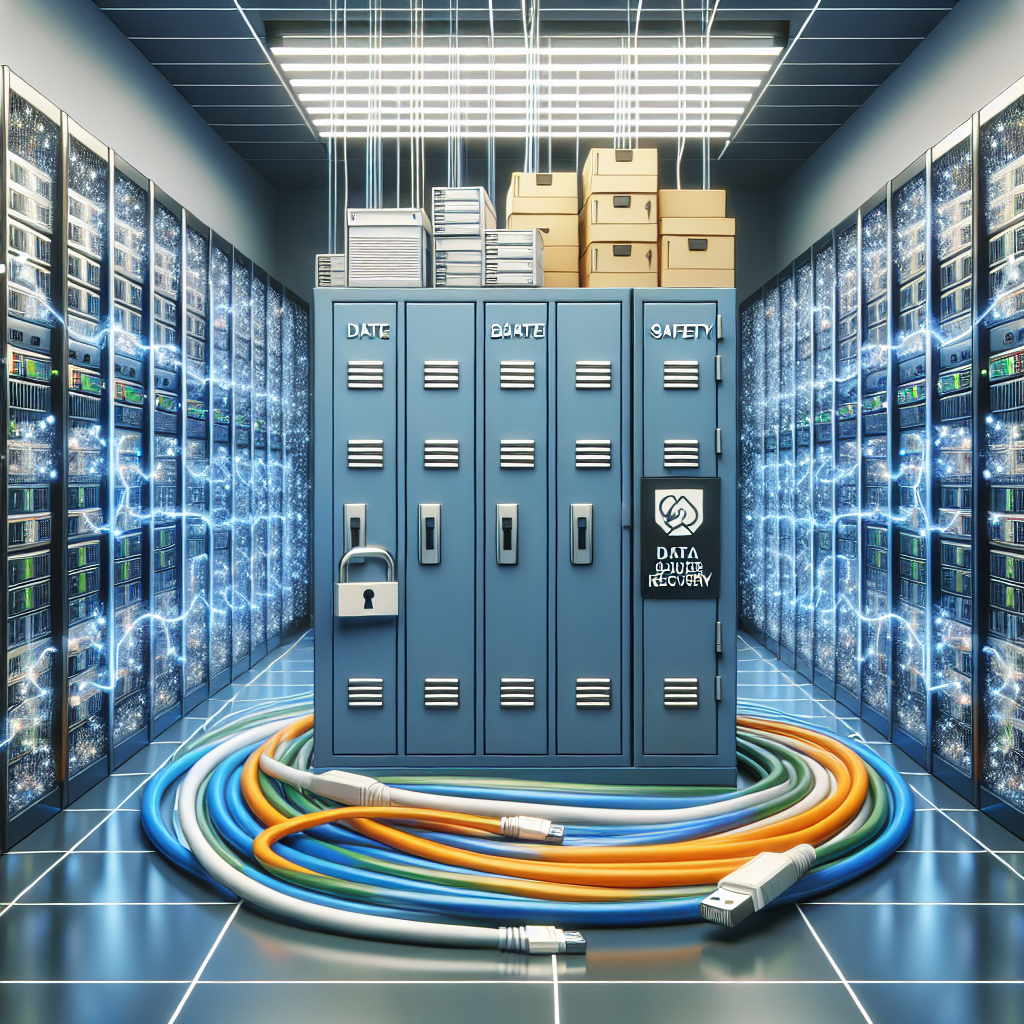The Importance of Data Center Disaster Recovery Plans: A Guide for Businesses
In today’s digital age, data has become one of the most valuable assets for businesses. From customer information to financial records, companies rely on data to operate efficiently and make informed decisions. However, with the increasing threat of cyberattacks, natural disasters, and other unforeseen events, it is crucial for businesses to have a solid disaster recovery plan in place to protect their data.
Data center disaster recovery plans are essential for businesses of all sizes. These plans outline the necessary steps to take in the event of a disaster, such as a cyberattack, fire, flood, or power outage, to ensure that critical data is not lost and operations can resume as quickly as possible. Without a proper disaster recovery plan, businesses risk losing valuable data, facing costly downtime, and damaging their reputation with customers.
One of the key components of a data center disaster recovery plan is regular backups. By regularly backing up data to offsite locations, businesses can ensure that they have a recent copy of their data in case of a disaster. This can help minimize data loss and ensure that operations can resume quickly. Additionally, businesses should consider implementing a cloud-based backup solution, which offers greater flexibility and scalability compared to traditional backup methods.
Another important aspect of a data center disaster recovery plan is testing and validation. It is not enough to simply have a plan in place – businesses must regularly test their disaster recovery procedures to ensure they are effective and up-to-date. By conducting regular drills and simulations, businesses can identify any weaknesses in their plan and make necessary adjustments to improve their response to a disaster.
In addition to backups and testing, businesses should also consider implementing redundant systems and failover mechanisms to minimize downtime in the event of a disaster. By having duplicate systems in place, businesses can quickly switch to a backup system if their primary system fails, allowing operations to continue without interruption.
Overall, data center disaster recovery plans are essential for businesses to protect their valuable data and ensure business continuity in the face of a disaster. By investing in a solid disaster recovery plan, businesses can minimize the impact of a disaster on their operations, protect their reputation with customers, and ensure their long-term success in an increasingly digital world.


